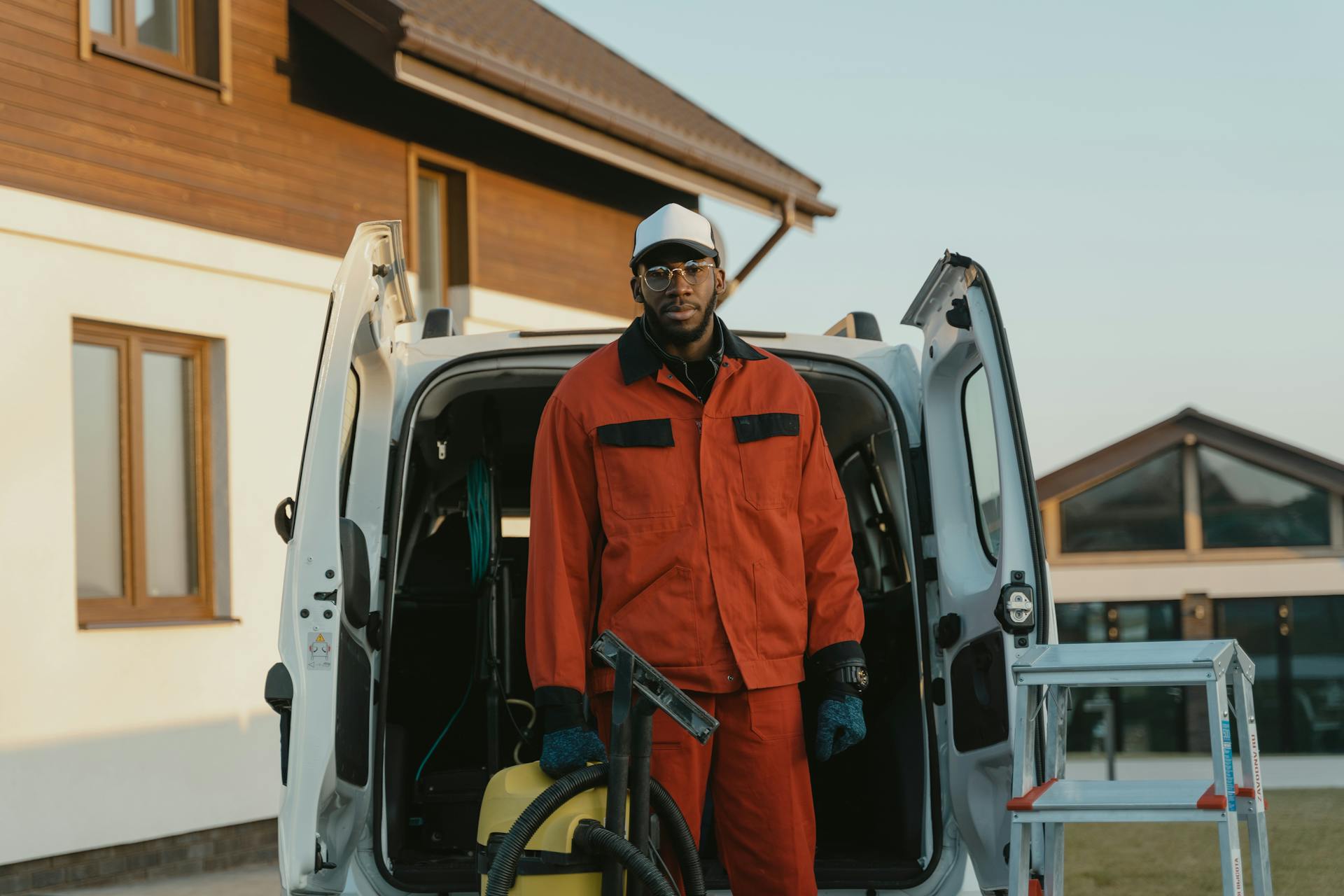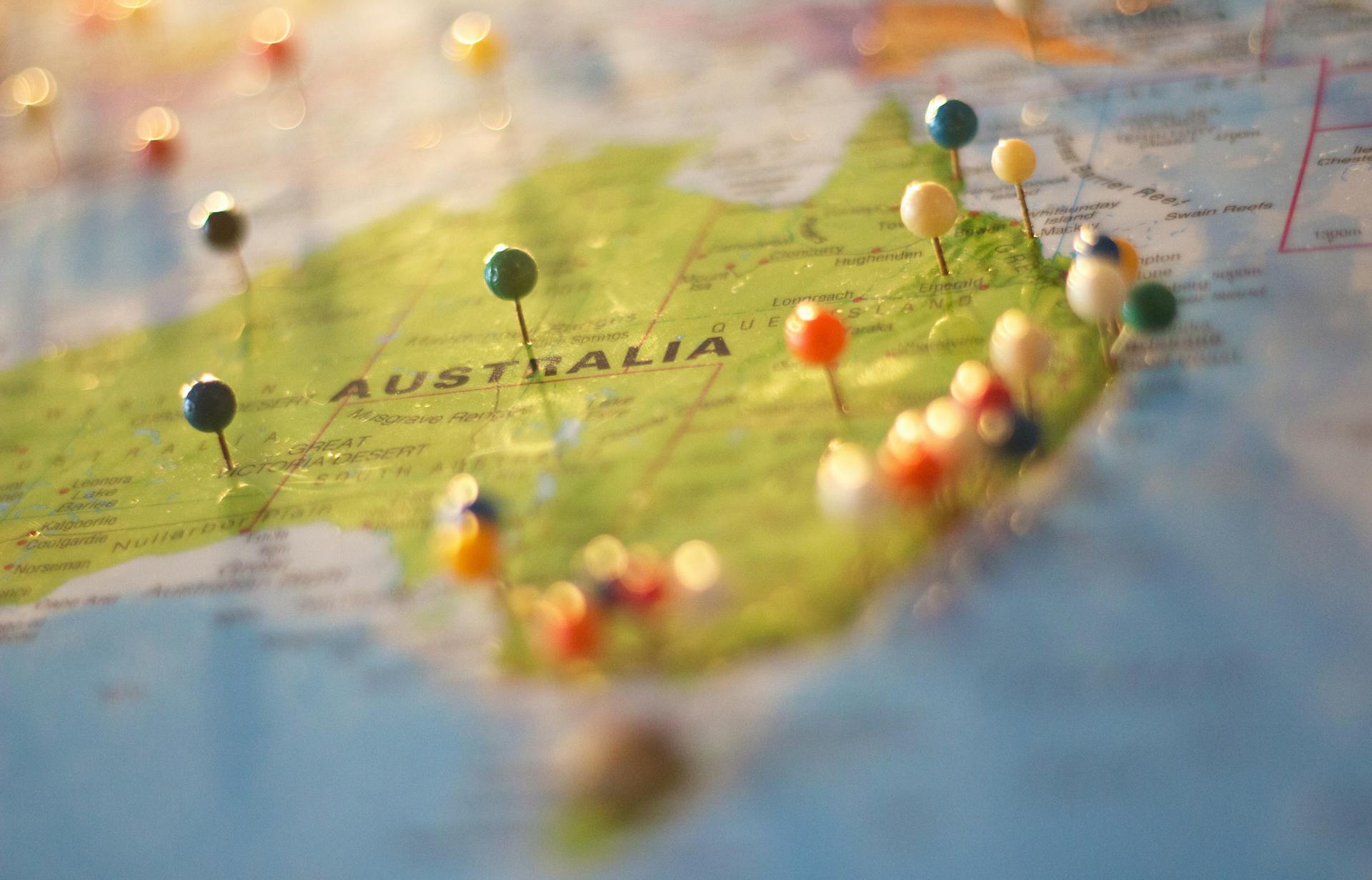
International travel has always been a popular way to explore new cultures and enjoy different experiences. However, the covid-19 pandemic travel restrictions have made it hard for most people to fulfill their wanderlust. Now that fully vaccinated people are allowed to travel again, many are excited to pack their bags and head off to tourist hotspots around the world. While some countries are welcoming visitors with open arms, others still have strict public health measures in place.
We're living in a weird limbo era where responsible international travelers must tread carefully. Global vaccination rates vary widely, and disease control measures differ from one country to another. According to Reuters estimates, only 15% of Mexico's population is fully vaccinated, compared to 2% in Thailand and 11% in Japan (which is hosting the Tokyo Olympics this year). Australia doesn't allow its citizens to leave the country for non-essential reasons, while other nations have strict rules requiring incoming travelers to undergo quarantine for 14 days if they aren't vaccinated or provide proof of a negative COVID-19 test result.
While allowing fully vaccinated people to travel wearing masks on planes is ideal for those who want to explore new places, it's essential that travelers respect local requirements so they don't inadvertently spread the virus further. Prevention CDC guidelines suggest including testing before and after traveling as well as continuing with preventive measures such as social distancing and mask-wearing. So, just because you can travel internationally now doesn’t mean you should think of every destination as an ideal travel spot just yet.
Discover How the Pandemic Can Impact Your Ideal Travel Spot
The pandemic has caused major disruptions in the travel industry, and it's important to understand how it can impact your ideal travel spot. Before booking your trip, consider the current situation in the country you're visiting. It's important to research their COVID-19 protocols and restrictions, as well as their health care system. Dr. Liao recommends checking if the country has an adequate health care system to handle any potential outbreaks or emergencies during your stay. By doing so, you can make sure that you are not only protecting yourself but also being a responsible traveler during these uncertain times.
Tourism: A Complicated Mix of Money and Morals

The pandemic has put tourism in a difficult ethical dilemma. Countries rely heavily on tourist dollars, but inviting tourists back too soon could jeopardize public health efforts. Potential travelers need to consider the consequences of their actions, as higher-risk countries are not yet welcoming tourists. Dr. Maragakis advises that if you're fully vaccinated, you can still travel, but you should avoid unvaccinated people and take precautions in public places like hotels and restaurants.
When hospitality hotspots prioritize tourist dollars over public health measures, they unintentionally reinforce governments' flawed thinking. Putting locals at risk for the sake of money travelers bring is never a good idea. Jobs put locals at risk when taking public transportation or working at hotels and restaurants where there may be unvaccinated people present. If you're putting yourself or others at risk when traveling, you're making things worse for everyone.
It's worth checking with the local climate before traveling to tourism-heavy areas during the pandemic. Some areas may have different restrictions or protocols than others, so it's important to stay informed about local regulations. For example, Japan and Prague in the Czech Republic have reopened for tourism with some restrictions in place, while Barcelona and many Caribbean islands remain closed to most foreign visitors. Traveling is not just about getting away from home; it's also about respecting someone else's home by following their rules and keeping their community safe from harm.
What You Need to Know Before Traveling Abroad from the US

Plan ahead before traveling abroad from the United States. Check the COVID-19 requirements for the destination you plan to visit, including mask-wearing proof and vaccination records. Some countries may require a negative COVID-19 test result before entry, while others may not allow entry at all. Transportation operators, such as airlines, cruise lines, and buses, may also have their own requirements.
If you have a weakened immune system or are at increased risk of severe disease from COVID-19, consider delaying travel. High COVID-19 levels in some destinations may put you at higher risk of getting infected. However, if you must travel, take multiple prevention steps to provide additional layers of protection. This includes wearing masks and practicing good hand hygiene.
Before traveling abroad from the US, consult with your healthcare provider about any concerns related to your health status and COVID-19 vaccines. Getting vaccinated against COVID-19 can significantly reduce your risk of getting infected or becoming severely ill. Additionally, staying up-to-date with current recommendations and guidelines can help you make informed decisions about your travels. As we continue to learn more about COVID-19 and its impact on international travel ethics, it is important to stay informed and plan ahead accordingly.
1. Protect Yourself and Others
With the ongoing pandemic, it is important to take precautions when traveling internationally. Following CDC's recommendations can help protect you and others around you from getting infected. One of the simplest yet most effective measures is wearing masks in public transportation settings such as airports, buses, or trains. This will not only keep you safe but also prevent the spread of the virus.
It is important to remember that we all have a responsibility to protect ourselves and others. By following recommendations such as social distancing, avoiding large gatherings, and washing hands frequently, we can do our part in preventing the spread of COVID-19. So let us all work together in fighting this pandemic by taking the necessary steps to stay safe while traveling internationally.
2. Testing – ALL Travelers
To ensure the safety of everyone, it is now mandatory for all air passengers, including non-US citizens and non-US immigrants traveling to the United States, to require proof of a negative COVID-19 test result. The viral test should be taken within 3 days before the flight's departure date or the past 90 days if fully vaccinated. There are specific testing recommendations for each country, so it's best to check with your airline carrier before booking your trip.
It's important to note that limited exceptions apply, so learn about them beforehand. If you don't have a test result or show proof of being fully vaccinated, don't travel. Additionally, an attestation legal statement must be submitted by all air passengers entering the United States stating that they've read and agree to follow protective measures related to COVID-19 vaccination. By following these guidelines, we can minimize the spread of COVID-19 while still allowing air travel to continue safely.
3. Contact Information – ALL Travelers
In light of the COVID-19 pandemic, air passengers traveling to the United States are required to provide their contact information before boarding flights. This is a crucial step in the travel process as it helps rapidly identify and contact people who may have been exposed to a communicable disease.
The federal state territorial and local health departments use this travelers' contact information for public health purposes, including monitoring and controlling the spread of infectious diseases. By providing your contact information, you're helping keep yourself and the public safe. It's essential to note that failure to provide accurate information can result in fines or even being denied entry into the United States. So please ensure that you provide valid contact details when asked during your travels.
Frequently Asked Questions
Do I need a passport to travel to a foreign country?
Yes, you need a passport to travel to a foreign country. A passport is an official document issued by your government that identifies you as a citizen and allows you to travel abroad. Without it, you may be denied entry into the country or face other legal issues.
What should I do if I'm traveling overseas?
If you are traveling overseas, make sure to research the entry requirements and COVID-19 protocols for your destination, get travel insurance, keep important documents safe and accessible, and follow local customs and laws to ensure a safe and enjoyable trip.
Should US citizens consider international travel?
US citizens should consider international travel, but they must be aware of the current travel restrictions and guidelines due to the ongoing COVID-19 pandemic. It is important to research and follow safety protocols for each destination before planning a trip.
Where can I find information about international travel?
You can find information about international travel on official government websites, travel blogs, and travel guidebooks.
Featured Images: pexels.com


